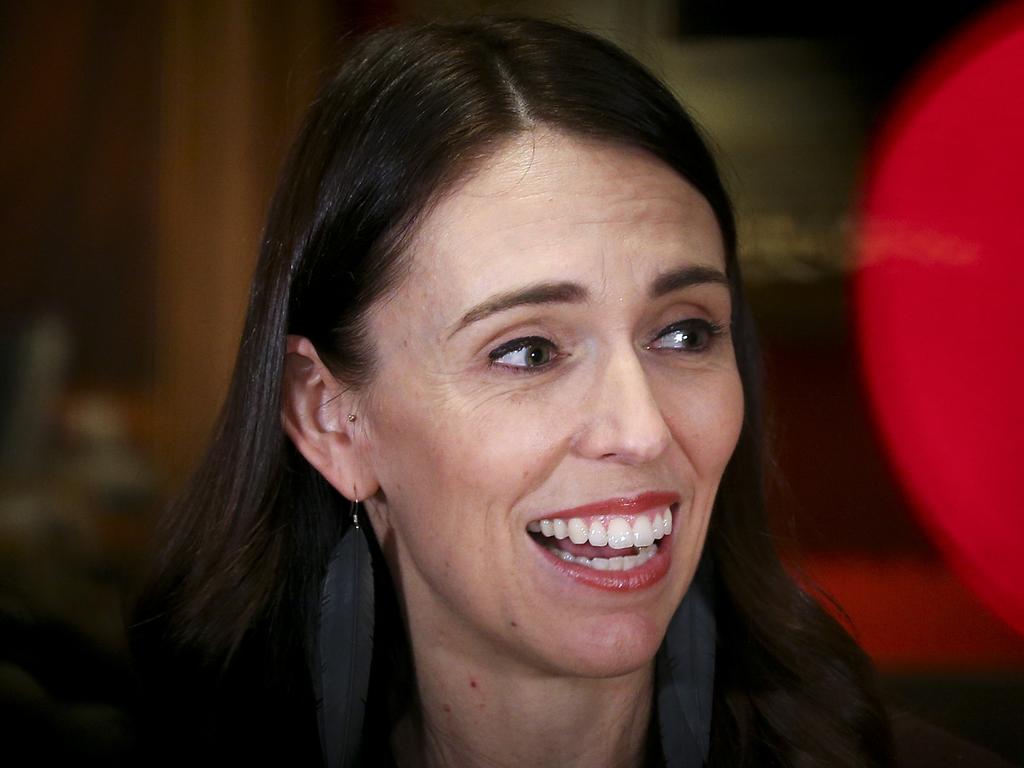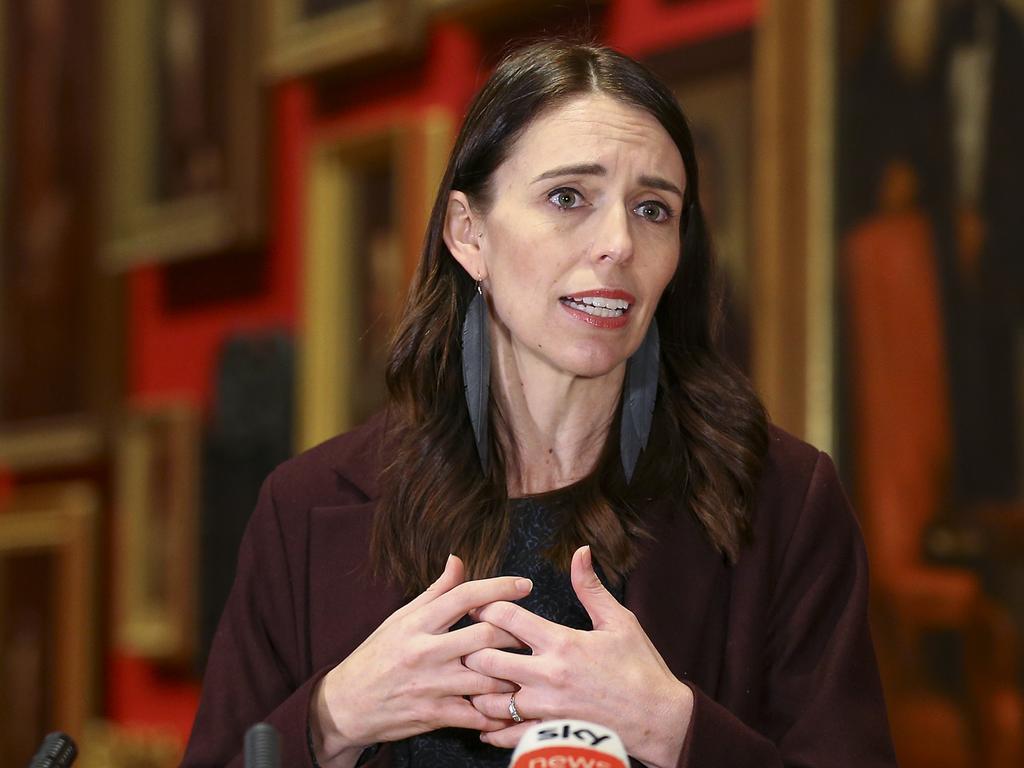Unfair to compare Australia’s coronavirus gains to New Zealand’s ‘victory’

The question is: why have they gotten there this quickly, but Australia has not? Our political leaders, and government cheerleaders, regularly tell us we are doing better than the rest of the world when it comes to combating the coronavirus crisis. If that were the case, why is our nearest geographical and cultural neighbour doing better than us?
The health experts tell us we aren’t even aiming for the eradication they have achieved.
The answer isn’t as simple as saying Jacinda Ardern has succeeded where Scott Morrison has failed. As much as that would irk him. Yes, New Zealand avoided a scenario like that which unfolded when the Ruby Princess was allowed to dock in Sydney and spread the virus right around the country. A shared failure of NSW Health and the federal government’s Border Force.
And yes, New Zealand locked down harder and earlier than we did, also helping to minimise the virus’s spread. The slowness of Australia to close our borders to the United States was an early fail. Equally, Ardern was already spreading the message of social distancing to get her people used to the idea when Scott Morrison was planning one last trip to the rugby league.
But the degree of difficulty controlling COVID-19 across the ditch is and was much lower than here in Australia. For example, we have more international visitors via Sydney alone than NZ does across the entire nation. Substantially so. And our economy is more internationally integrated than theirs, which presents its own challenges in a shutdown.
Then we have the reality that decision making here is more complex – courtesy of the federation – than across the ditch, NZ being a unitary political system.
To use a diving analogy, Australia is 90 per cent of the way through completing a triple reverse somersault and we look like landing the re-entry. The applause is pending. NZ did a simple swan dive off the five metre board and has already made the perfect entry.
It’s just not the same.
Keep in mind that the same goes when comparing Australia to larger nations closer to the epicentre with more porous borders. Our politicians often make than incongruous comparison.
There are health officials, however, who believe NZ may have moved too soon. Time will tell on that score if they suffer a second outbreak. Such a development would be politically problematic for Ardern so close to an election. Equally, there are economists who believe NZ may have done better at shutting down the virus, but at the expense of the longer term economic consequences in doing so. Its economy is even more reliant on tourism, for example, than ours is.
The evidence emerging is that while the economic effects of what has transpired in recent months will be catastrophic for years to come, Australia may do better than most countries, including NZ. Its economy was more severely restricted by the scale of its shutdown than ours, which makes firing it back up again more difficult.

Which is one reason why the Kiwis want the trans-Tasman bubble happening as soon as possible. However, for that to happen they will likely need to either wait a long time for Australia to reach full eradication, or accept that probably won’t happen and risk opening commerce up before then.
In public policy terms we aren’t even aiming for full eradication.
So before anyone looks too longingly across the ditch at our Kiwi brothers and sisters enjoying the tactile experience of once again being able to touch one another, realise that comparing their advanced success to our slightly more limited success is like comparing apples and oranges.
Even if Morrison would no doubt be frustrated than Ardern has more successfully managed her way out of this virus than he has.
Peter van Onselen is a professor of politics and public policy at the University of Western Australia and Griffith University







There is plenty of applause for New Zealand having reached the point of easing restrictions such that social distancing is no longer required. Hugs and kisses are in, international travel remained out.